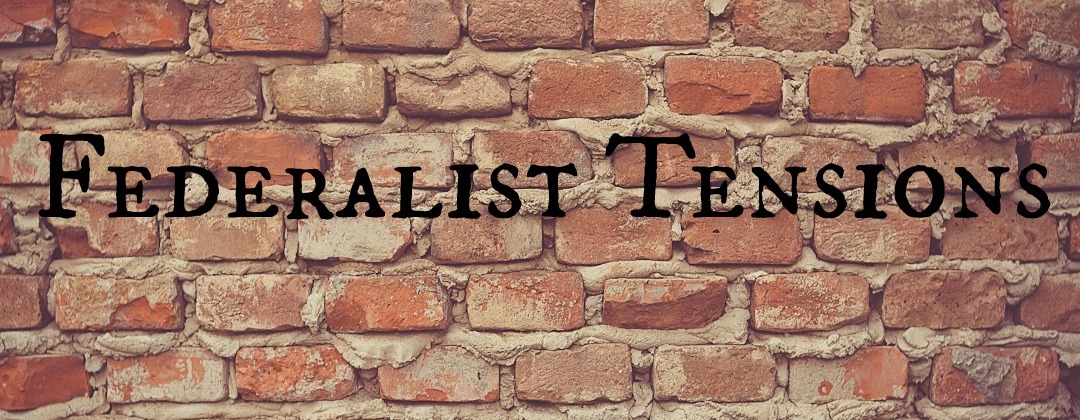Improving Political Communication to Grow Stronger Democracies
Understanding the Issues
We are exploring the “tensions” that arise with both the incorporation of social media in the communication strategies of political entities and the political activism of Internet citizens on platforms both inside and outside of those traditional institutions.
About Our OrganizationFostering Dialogue
We facilitate non-partisan dialogue with academics, political practitioners and interested citizens about the role of social media in both traditional political organizations and external political entities.
Join Our DiscussionProviding Resources
By contributing to the improvement of political communications using social media in the most efficient and effective manner, we are a resource for all those motivated to enhance their own political social media strategies.
Explore Our ResourcesSocial Media and the Political Process
Social media has provided citizens with opportunities for expanding their participation in the political process, providing the means to communicate directly with people in power and with their fellow citizens. The emergence of social media onto the political scene presents dilemmas for political representatives and organizations which, by their very nature, prefer traditional broadcast media due to their preferences to control the conversation to further their aims.
But the issue isn’t that simple. Being part of a democracy involves more than the participation of its people – an authoritative, organizational structure is needed to provide the necessary leadership, services and protections required in a democracy. Navigating the explosion of possibilities for democratic participation in the Internet age bears a striking resemblance to the tensions inherent in establishing a democratic republic. In Federalist 10, James Madison addressed similar concerns when he suggested that the United States should operate as a republic rather than as a pure democracy. He made this argument in large part to prevent the dangers that factions, especially majority factions, present to governments. With the ascendance of the Internet, the facilitation with which factions can organize has greatly increased.
Enter this website, Federalist Tensions – the title being a fusion of an homage to Madison’s “Federalist 10” and the “tensions” that arise with both the incorporation of social media in the communication strategies of political entities and the political activism of Internet citizens on platforms both inside and outside of those traditional institutions. Here is a collaborative space for the exchange of ideas and the development of innovative approaches to address the tensions due to the emergence of social media between political powerbrokers and citizens in their efforts to communicate in a mutually beneficial manner.
